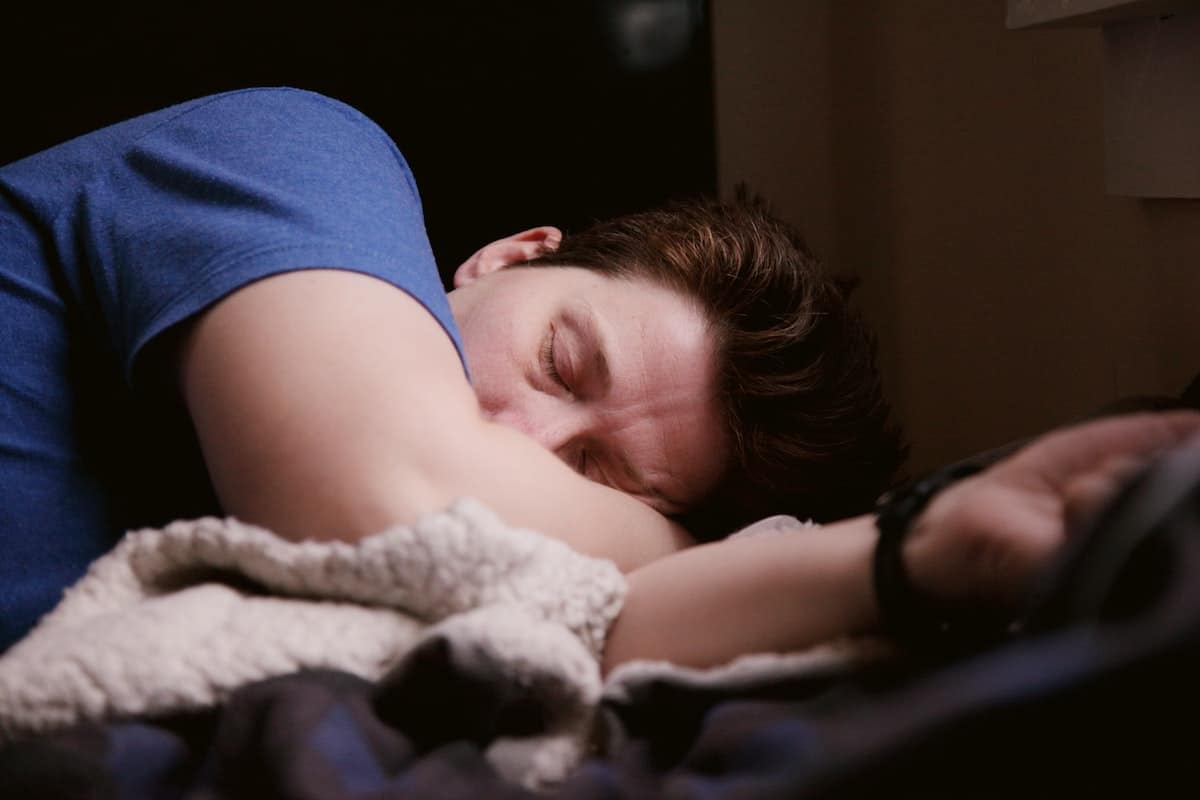For some people, getting the requisite amount of sleep at night happens without any fuss – they go to bed, sleepy soundly and wake up fresh as a daisy the following day.
However, many other people require a structured pre-bedtime routine if they have any chance of enjoying good quality sleep.
There are numerous activities people undertake before sleep – some of which deliver significant better results than others.
For example, according to a recent study by online casino Betway, meditating for 30 minutes before bedtime is the best way to avoid waking up at night.
By contrast, activities such as watching a horror movie on television or speaking with friends or family increases the chances of suffering sleep deficit.
New research by a group at the University of California has now claimed that people should focus on the amount of sleep they get each night.
Led by respected sleep expert Matthew Walker, the researchers discovered that sleeping longer and later than usual plays a significant role in boosting alertness.
Coupled with regular exercise and consuming a breakfast low in sugar and high in carbohydrates, study participants who increased their amount of sleep were more alert during the day.
Walker claims that between seven to nine hours sleep helps to rid the body of sleep inertia – the inability to transition from resting to active mode after waking up.
Most people require this amount of shuteye to remove a compound called adenosine that triggers sleepiness – the longer and later a person sleeps, the easier it is to rid the body of the chemical.
“Considering that the majority of individuals in society are not getting enough sleep during the week, sleeping longer on a given day can help clear some of the adenosine sleepiness debt they are carrying,” Walker said.
“In addition, sleeping later can help with alertness for a second reason. When you wake up later, you are rising at a higher point on the upswing of your 24-hour circadian rhythm, which ramps up throughout the morning and boosts alertness.”
While many people are accustomed to dealing with their grogginess after sleep, the issue can have significant consequences if allowed to run unchecked.
Injuries at work and vehicular accidents are among the common ways that sleepiness can cause serious problems in society.
More pertinently, several major disasters have been caused as a direct result of people failing to give due consideration to the amount of sleep they need.
Nuclear incidents in the United States and Ukraine have been attributed to alert deficiencies, highlighting the potential scale of the problem.
Walker insists that sleep deficit is not something that should be taken lightly and is eager to learn more about how it can be eradicated.
“Many of us think that morning sleepiness is a benign annoyance,” Walker added. “However, it costs developed nations billions of dollars every year through loss of productivity, increased healthcare utilisation, and work absenteeism. More impactful, however, is that it costs lives – it is deadly.
“From car crashes to work-related accidents, the cost of sleepiness is deadly. As scientists, we must understand how to help society wake up better and help reduce the mortal cost to society’s current struggle to wake up effectively each day.”


